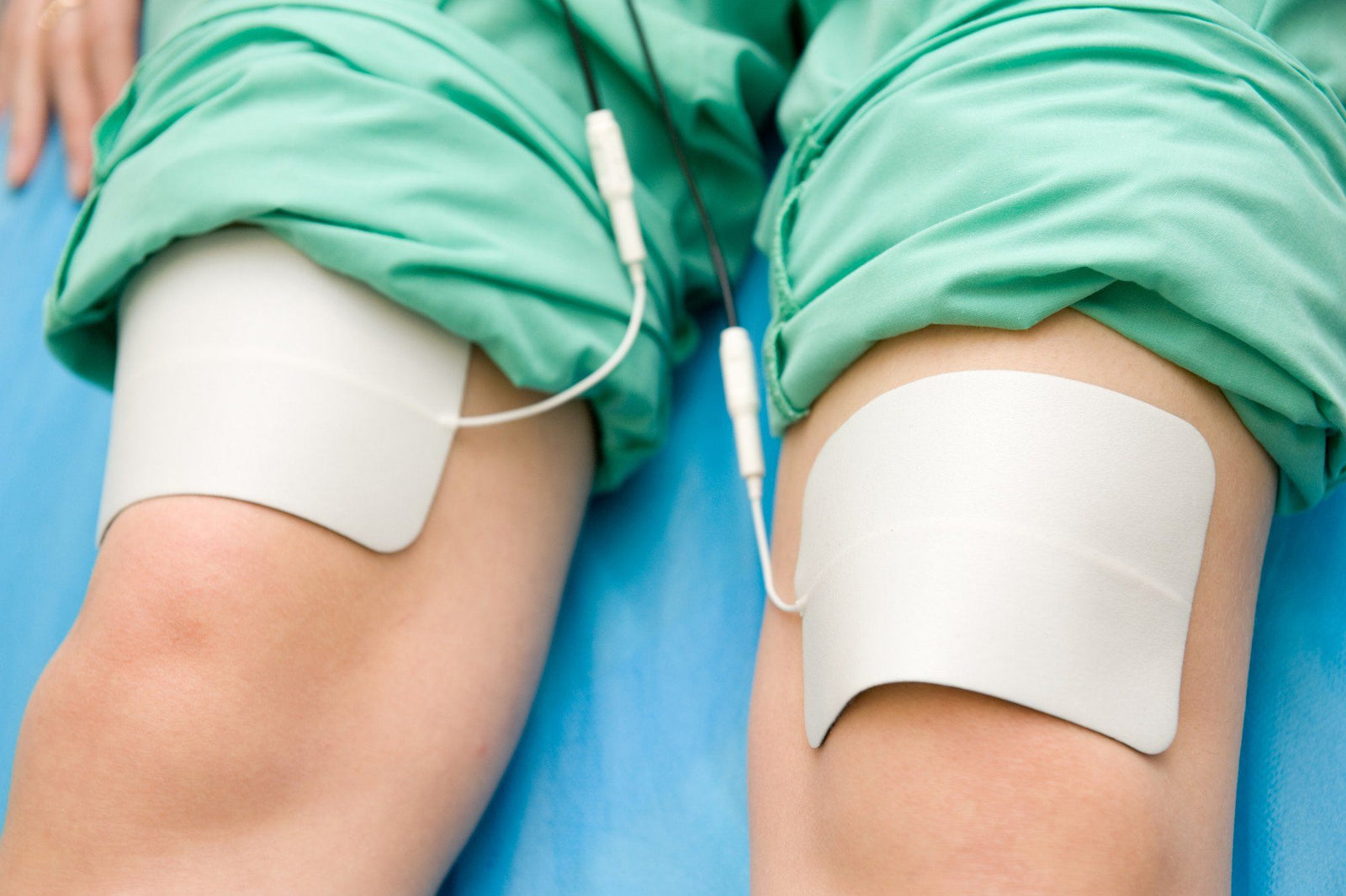Do you have chronic aches and pains that just won't go away?
What about pain from an injury, surgery, or illness like diabetes?
If you've tried a number of non-invasive methods of pain relief to no avail, it might be time to give electrotherapy a try.
Doctors, chiropractors, physical therapists, and other medical professionals use electrotherapy to treat pain in targeted areas of the body. But with the help of a TENS unit, you can use this method to treat your pain at home.
Read on to learn about what a TENS unit is and how electrotherapy can help treat your chronic or acute pain at home.
What Is a TENS Unit?
TENS stands for transcutaneous electrical nerve stimulation. In plain English, this refers to a device that sends controlled amounts of electricity through your skin to activate the nerves underneath.
There are many different styles of TENS units, but they all contain the same basic elements. Some are designed only for use in a hospital or other medical setting, but there are other types that you can use by yourself.
The device itself is often battery-operated and small enough to fit in the palm of your hand. It has control knobs or buttons that let you modulate the strength and/or frequency of the electric current.
A TENS unit also comes with electrode patches that you stick directly on your skin during treatment. Many electrodes connect to the TENS unit via wires, but some newer models are wireless to allow extra flexibility.
How Electrotherapy Devices Work
The nerves in our bodies are constantly sending electrical signals to communicate with our brain, our organs, and each other. Sometimes, when our nerves get damaged, they start to send too many pain signals back to your brain (known as hyperalgesia). Electrical stimulation can interrupt those signals, leading to a decrease in the pain coming from that area.
When you're using a TENS unit, this stimulation comes from electrode patches that you place on your skin in the affected area. You use the device to send a mild, painless electrical current through the electrodes. Depending on your pain levels and sensitivity, you can increase or decrease the strength of the current to experience the most relief.
There are two main explanations of how TENS units are able to reduce pain. The first is known as Gate Control Theory.
Gate Control
According to this theory, pain signals don't travel straight from an injury to your brain. Instead, they have to pass through "gates" in your spinal cord along the way.
If the gate stays open, the pain signals reach your brain. But if they're partially or completely closed, your brain interprets the pain as less intense or nonexistent.
When you use a TENS unit, you stimulate large sensory neurons in the area to send tons of non-pain signals to your brain. These non-pain signals essentially clog up the gates so fewer pain signals can make it through to your brain.
Endorphin Release
The second theory behind TENS units involves endorphins, also known as "feel-good hormones".
When you set your TENS unit on a low, slow-pulsing current (often called the "acupuncture" setting) it can stimulate your body to release serotonin and other pain-relieving hormones. At the same time, it makes your body release fewer of the hormones that excite the pain-signaling nerves.
Conditions an Electrotherapy Device Can Treat
TENS units can help a wide variety of conditions, but they don't work well for every type of pain. Here are a few of the things that electrotherapy devices can treat:
- Joint and soft tissue pain from arthritis
- Diabetic neuropathy
- Bursitis and tendonitis
- Post-surgical pain
- Low back pain
- Joint pain (shoulders, knees, etc.) from injury
- Migraine headaches
- Menstrual cramps
Electrotherapy can also be effective for some types of muscle pain, but it works best for pain of nervous origin.
Aside from the type of pain you're experiencing, there are a few other things you should consider before beginning electrotherapy.
Electrotherapy May Not Be for You If...
Electrotherapy can help most people safely treat their pain from the comfort of their home. Even so, there are a few risks associated with it.
Some people with sensitive skin may experience a mild allergic reaction to the electrode pads. This can sometimes be solved by switching brands. Others may find that their skin gets irritated if the current is too strong.
If you have a pacemaker (or another electrical implant), using a TENS unit could interrupt the signal. You may still be able to have electrotherapy, but it needs to happen in a controlled medical environment under a doctor's supervision.
TENS units may not be safe to use on your torso during pregnancy, though you can still use them to treat pain in your limbs. But at the end of pregnancy, many mothers in Canada and the UK use specially designed TENS units to relieve pain during labor and delivery.
People with lymphedema and/or epilepsy should also avoid using a TENS unit unless it's part of a treatment performed by a medical professional.
Would a TENS Unit Help Your Pain?
If you think that electrotherapy could help your pain, you don't have to wait for a prescription to buy a TENS unit for yourself.
But as with any medical treatment, it's always best to check with your doctor before you begin. For best results, make sure to carefully follow the instructions on your TENS unit and ask a medical professional for help if you have any questions.
Check out our selection of TENS units and electrotherapy accessories to get started treating your pain on your own terms.


